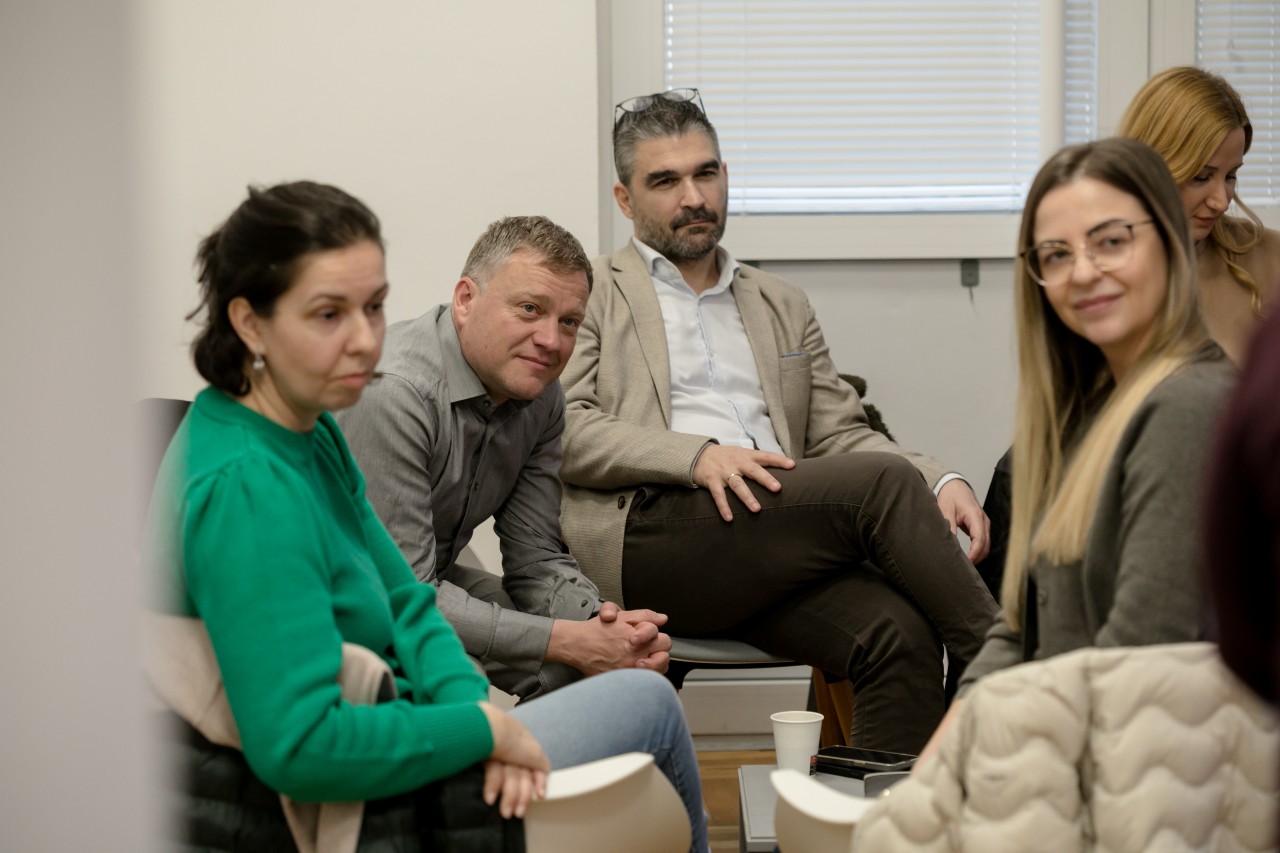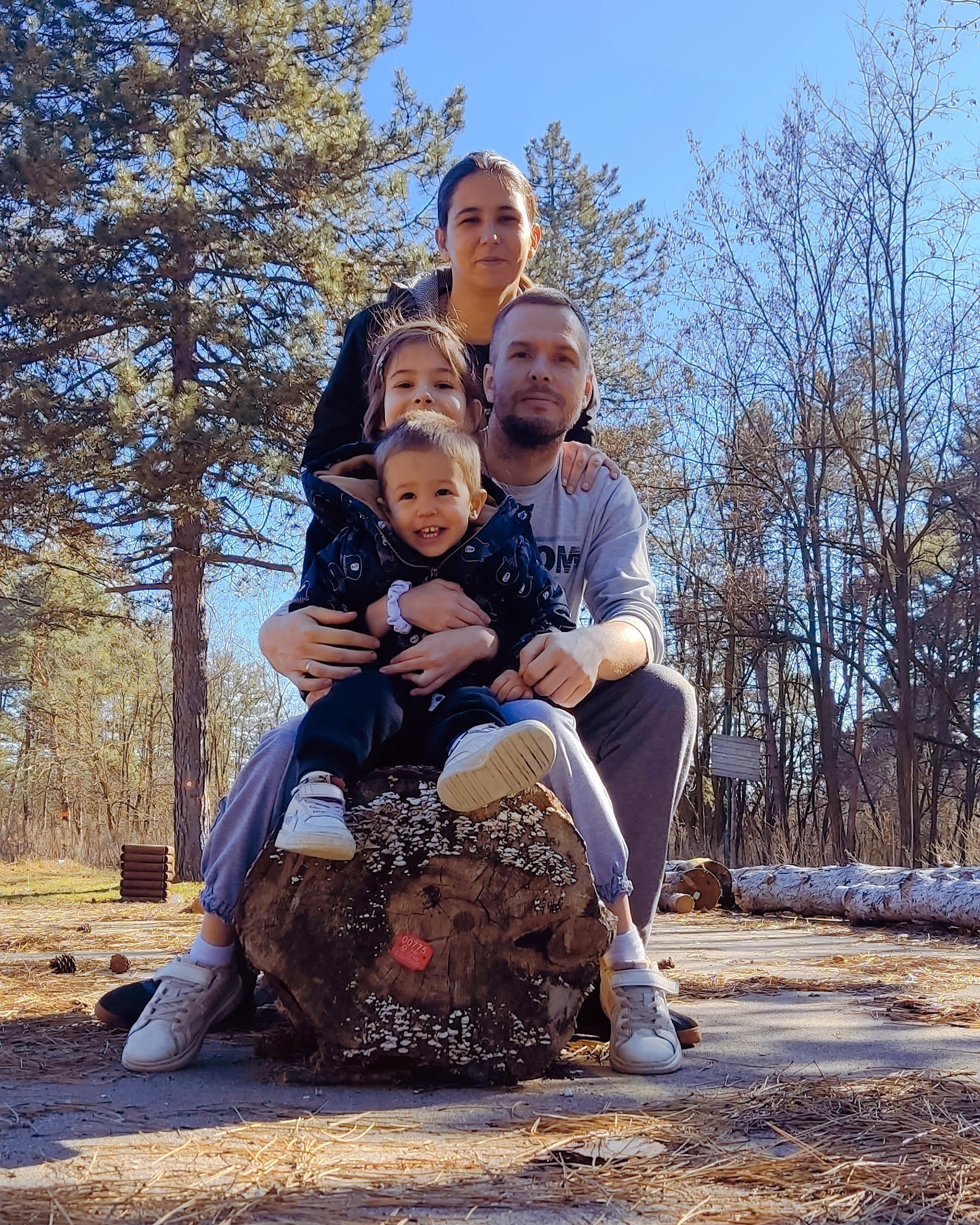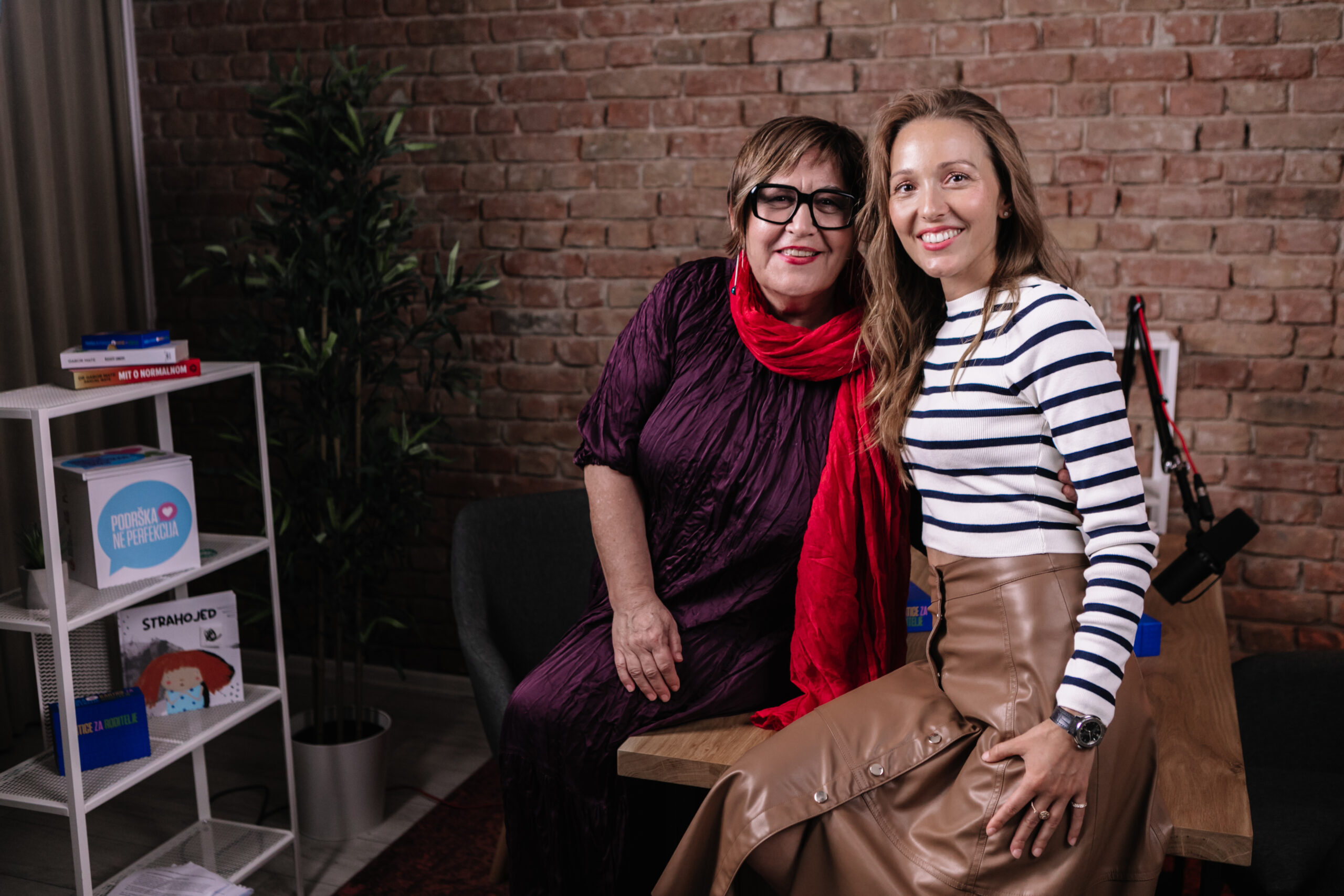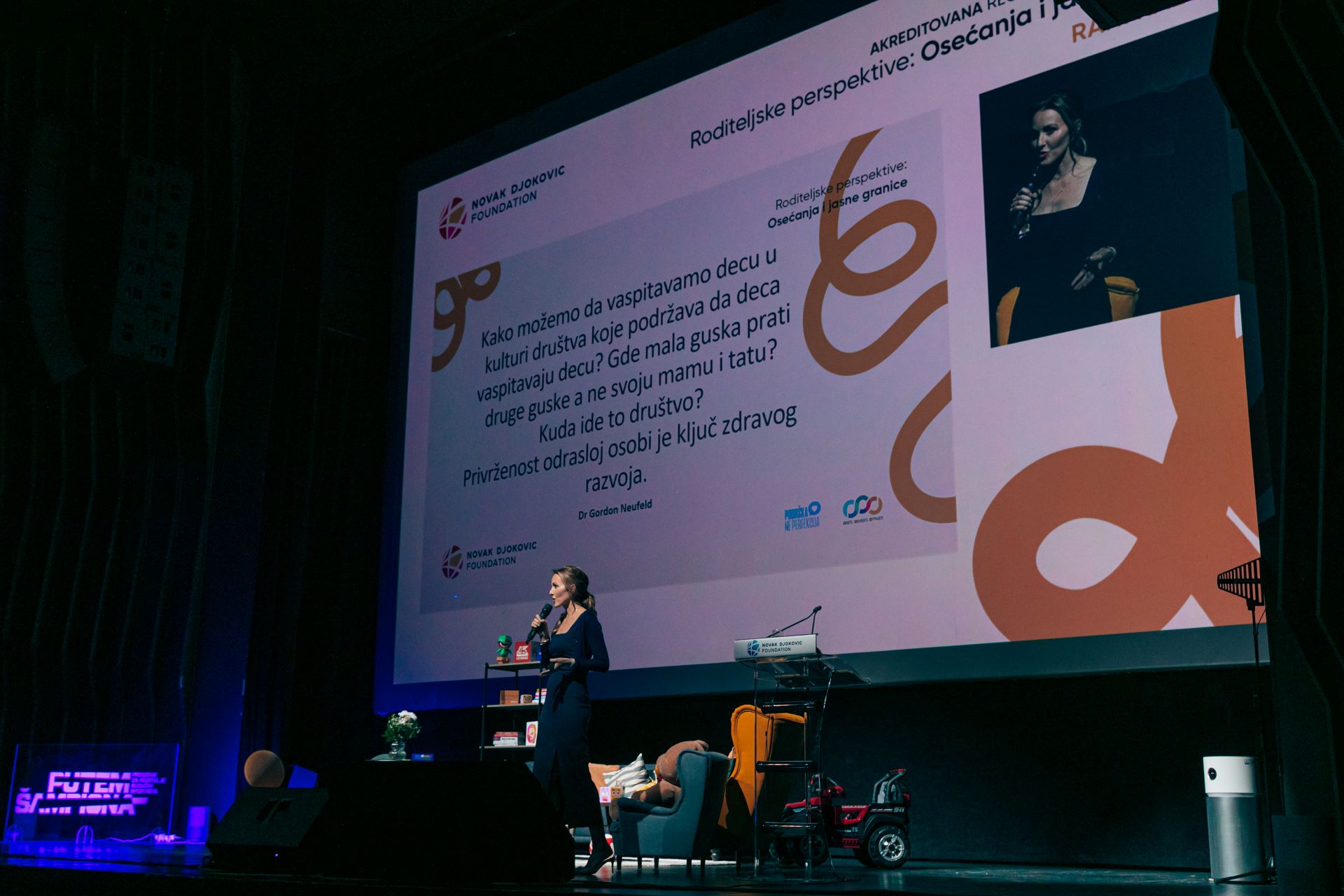Shari Williams is 13. Unlike his peers, every time he spends a night at his friend’s house, he has to be very careful about what he will say or how he will behave.
He carries his medicines well hidden in a bag. He does not want to reveal his secret to anyone. If they find out what is going on with him, maybe they will misjudge him and say that he is no longer their friend, he wonders. Perhaps they will be afraid to stay close to him. He knows how tough it can be when others do not accept you. While in elementary school he experienced the cruelty of his classmates, pointing finger at him as if he is not a human being, as if he is some kind of „alien“ to his surroundings. But, he wasn’t dangerous as others used to think. He only wanted to play with other children and be their friend.
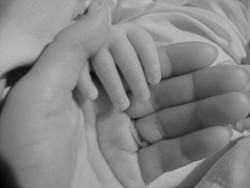 Each day 1000 children become infected with HIV. Shari is one of these children. They live a life full of struggle and fight against prejudice, but they never lose hope that maybe one day somebody will find cure for their illness. Most of them contract the virus before they are born, at delivery, or when breastfeeding. These forms of transmission are preventable but for those babies who do contract virus, there isn’t much time. Without treatment, 1/3 will die before their first birthday, 1/2 will die before their second. Most of them are never even diagnosed with the virus that leads to their deaths. The need for early diagnosis and treatment is clear. For babies with HIV, their chance of dying is reduced by 3/4 when treatment is started within the first 12 weeks of life. Good thing is that the number of children who receive treatment has increased. But the youngest among them are still missing out. The painful truth is that every two minutes, every day, every year one new baby with HIV comes into this world. However, these babies can not be just statistics and mere numbers.
Each day 1000 children become infected with HIV. Shari is one of these children. They live a life full of struggle and fight against prejudice, but they never lose hope that maybe one day somebody will find cure for their illness. Most of them contract the virus before they are born, at delivery, or when breastfeeding. These forms of transmission are preventable but for those babies who do contract virus, there isn’t much time. Without treatment, 1/3 will die before their first birthday, 1/2 will die before their second. Most of them are never even diagnosed with the virus that leads to their deaths. The need for early diagnosis and treatment is clear. For babies with HIV, their chance of dying is reduced by 3/4 when treatment is started within the first 12 weeks of life. Good thing is that the number of children who receive treatment has increased. But the youngest among them are still missing out. The painful truth is that every two minutes, every day, every year one new baby with HIV comes into this world. However, these babies can not be just statistics and mere numbers.
Why does this occur?
- There are several ways of HIV transmission: by sexual contact, through intravenous drug use or through infected blood or blood products.
- Mothers, as virus carriers, usually don’t have regular medical examinations, or don’t receive any kind of therapy.
- In many parts of the world mothers often don’t know that they are infected, and they don’t want to be tested before the delivery.
- In Africa and some parts of Asia medical conditions are very poor and it is almost impossible to get adequate treatment.
- Some people are not even aware how dangerous it can be and what are the consequences of having unsafe sex and using of drugs for their health and the health of their children.
What can be done to prevent this from happening?
 Identify all newborn babies whose mothers are HIV positive, carry out HIV testing in the first two months after their birth, immediately start with the therapy and provide paediatric care. It is also necessary to raise people awareness regarding HIV issue, share information with them and never give up, no matter how tough this struggle can be.
Identify all newborn babies whose mothers are HIV positive, carry out HIV testing in the first two months after their birth, immediately start with the therapy and provide paediatric care. It is also necessary to raise people awareness regarding HIV issue, share information with them and never give up, no matter how tough this struggle can be.- Preventing infection is crucial. The aim of UNAIDS and other similar organizations is to educate mothers and future parents, thus reducing dangerous and often tragic consequences. The results is that between 2001. and 2008. there is a 25 per cent decrease in HIV prevalence among young people in sub-Saharan countries.
- Wide population should be educated as well. Children who went through regular schooling system are less likely to put their health in jeopardy in this way.
- Receive therapy, such as ARV (using three or more anti-HIV drugs).
- In most cases people who become infected with HIV do not have symptoms for many years. The only way to diagnose the infection is by the HIV antibody test carried out on time.
How to treat an infant with HIV after delivery?
With modern therapy, 75% of children with HIV infection can live up to 5 and 50% of them up to 8 years. In fact, they live 10 years on average, although there are more and more children living much longer than this rate.
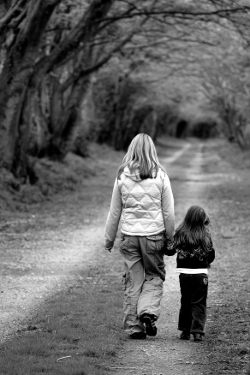 There is an increasing number of drugs used in the treatment of HIV infection in adults and adolescents.
There is an increasing number of drugs used in the treatment of HIV infection in adults and adolescents.
These children should receive constant medical care and when the situation gets worse it is best to carry out treatment in the least restrictive conditions. For example, if a child receives medical care at home along with social services, there is no need to spend more time in the hospital.
For children with HIV being in residental care homes or attending nursery or school, the doctor estimates all the possible risks. However, only parents and doctors should be aware of the HIV status of a child, and there is no need to alarm everyone.
Medicine today is so advanced, and the situation is much better and more optimistic regarding all mothers and children living with HIV. Receiving antiretrovirals mother-to-child HIV transmission can be prevented thus avoiding serious consequences. Thanks to timely medical care, women with HIV can give birth to completely healthy children.
Children living with HIV are often depressed, afraid how their community will react when people find out about their condition. Therefore, they try to keep themselves invisible as much as they can. But we must change that. We should protect and support them. These children need medical care and a lot of love, not only from their families. They deserve to have a normal life. They have hopes, plans and dreams for the future. These children can „infect“ with nothing but limitless love, affection, real friendship and sincerity towards the others.
Christmas and New Year are coming. This is the time we usually think a lot about our family, children, friends, health and happiness. Parents want to make their children happy buying them presents they always dreamed of and putting those gifts under the Christmas tree. On the other hand, the only dream of children with HIV is to be healthy.
Don’t discriminate them! Accept them as they are and support them. It is time to unite in fight against HIV! Today is Worlds AIDS Day. Get tested for HIV. Take care of your health, because good health is priceless.
References:
- http://www.pedaids.org/blog/entry/dancer-diaries-900-stickers-making-an-incredible-impact
- http://www.unicef.org/esaro/Stocktaking_Key_Facts.pdf
- http://www.childinfo.org/hiv_aids.html
- http://www.vasdoktor.com/medicina-od-a-do-z/pedijatrija/730-hiv-infekcija-djeteta-sida-aids
- http://zena.blic.rs/Zdravlje/4988/Pismo-majke-koja-je-usvojila-dete-zarazeno-HIV-om


